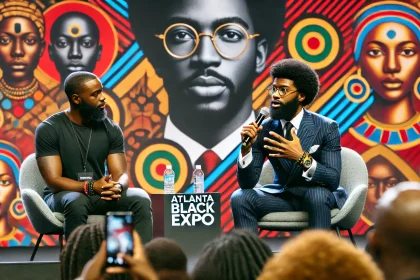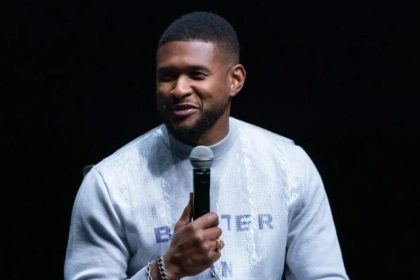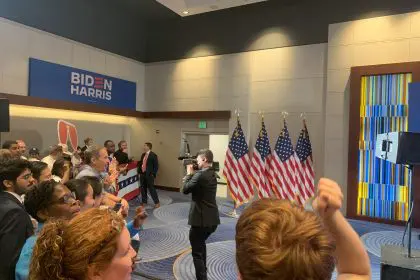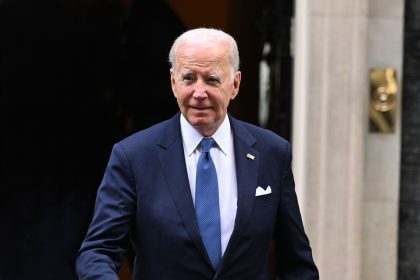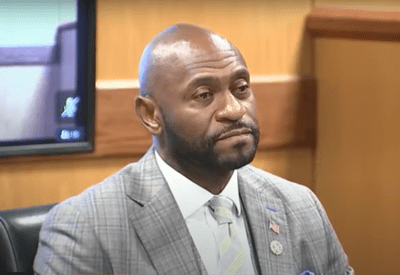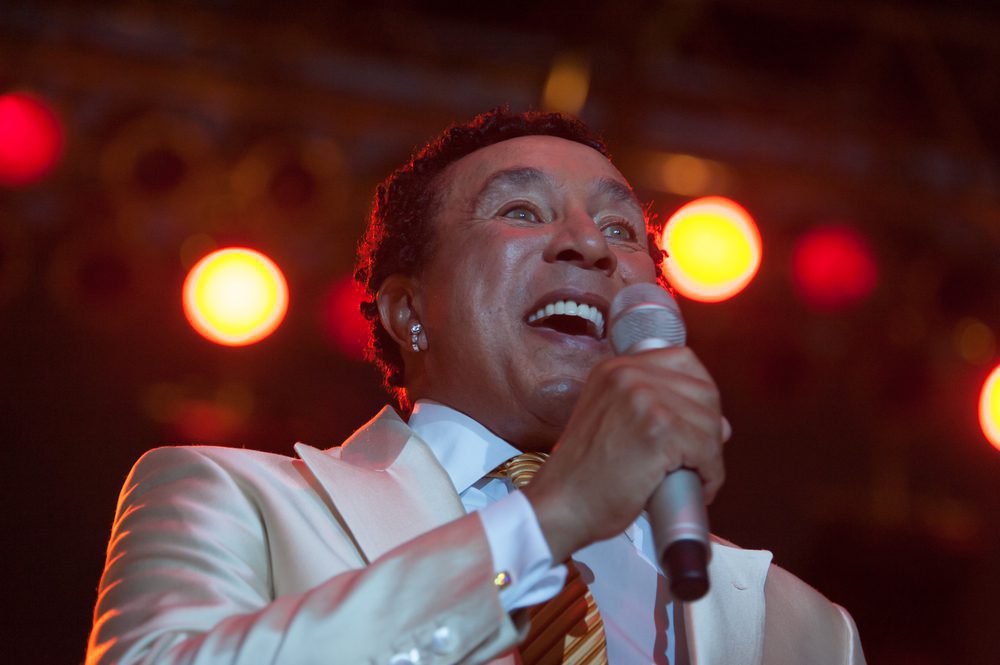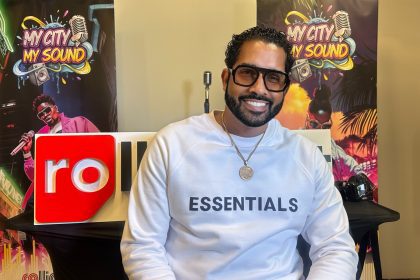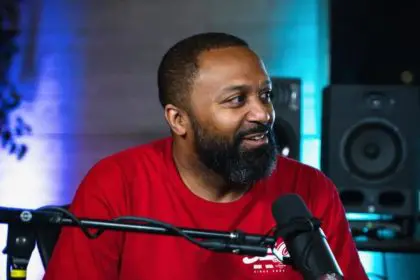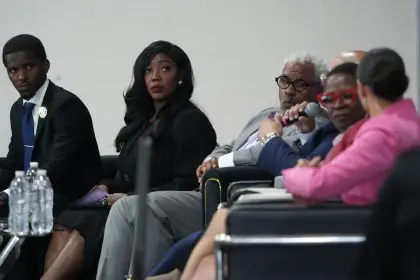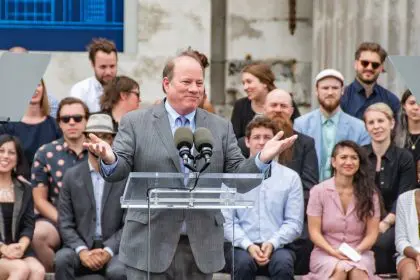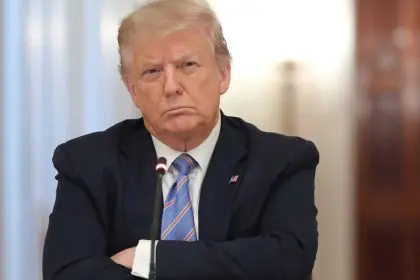
The city of Atlanta now boasts a unique organization in the state of Georgia, a citizens review board. The Atlanta Citizen Review Board is the sole citizens review board in the entire state of Georgia and is acting as a layer of transparency between the public and Atlanta’s police and corrections officers. Rolling out spoke with the ACRB executive cirector Samuel Lee Reid about the organization and its mission.
What is the mission of the Atlanta Citizen Review Board?
The mission is to be that forum for citizens to bring their grievances against Atlanta police and corrections officers. The idea behind the creation of the ACRB was to have an independent investigative agency that citizens could come to, to file complaints and not have to worry about whether their complaint would be taken seriously. We strive to make sure they will get a full and fair investigation. Another part of our mission is to educate the public about policing, transparency, what happens with cases and what the outcomes of these cases are.
Atlanta and other cities across the nation have become acutely aware of abuse by police officers against communities of color; how does your office handle complaints of abuse? What powers does the ACRB actually have to effect change?
How we handle complaints of abuse is really comes down to the citizen contacting us and filing a complaint and then we conduct an n investigation. Where we receive statements from the citizen, officers and gathering of evidence. Once we have done that the investigator will do a report and the Board actually reviews the investigation. The Board makes a decision on a complaint and then it goes to the police chief, who actually makes the disciplinary decision. The ACRB has two parts to it, one is the city staff, made up of city of Atlanta employees and the other is the Citizens Board comprised of 11 residents of the city of Atlanta. They were appointed by different entities to hear these cases and review these cases and provide input. Our real power comes from us being able to provide the transparency. We can subpoena and make recommendations but at the end of the day it is citizen involvement. We want the police chief to be able to explain the reason behind his decision.
The real power is the ACRB being able to provide transparency for what happens to complaints made by citizens. We can’t force the police department to make a disciplinary decision; but what we can do is provide information to the public about the decisions that are made, so that the public, if everyone is working together, can put the pressure on the elected officials who have the power to make the police chief give an explanation of why he made a particular decision regarding discipline against his officers.
We work in tandem with the people of Atlanta.One of the challenges that come with that is trying to help people understand that the agency alone can’t do it by itself it was created for citizens but it also has to have the citizens continuing involvement that puts pressure on elected officials to make things happen. Through the independent investigation we can do a thorough investigation but at the end of the day it goes to the police chief to make a decision. We can make recommendations but it’s up to the chief.
We propose that the police chief provide the reason behind why he made a particular decision as opposed to him just saying “This is the decision I made.” Let’s explain why, so we can communicate the process back to the public and we can determine why these decisions are being made. For example did the chief make his decision based on the officer’s record or the chief’s disciplinary philosophy?
What do you hope to accomplish during your tenure as director?
That we as an agency that the citizens value the agency in such a way that if they have a concern they know they can come to the agency and file a complaint. We hope that through our work in addressing citizens’ concerns we can change what’s happening on the streets [and] change people’s experiences with police officers so that we can start looking at things in a way that is not an either or situation. Effective crime fighting and protection of citizen’s rights. Citizens must become more involved in policy development. There has to be openness.

